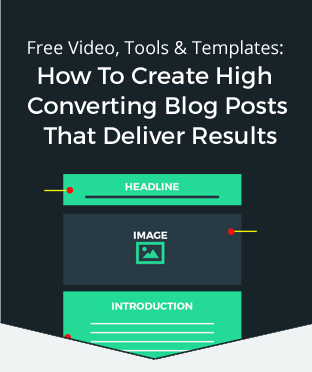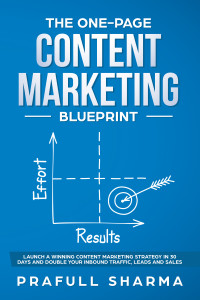What tools are best for content marketing campaigns?
Successful content marketing relies heavily on your skill as a content marketer and your ability to choose the right tools to help you with your campaigns. Here are the tools that top my list.
1. Trello for collaboration
I’ve mentioned Trello time and time again—and for good reason. It’s the best platform to help you organize the different tasks you need to work on. Trello is a simple, visual, and straightforward project management tool that makes planning easier for content marketing teams. Using visual boards, you can easily assign tasks and track progress.
2. Google Analytics for data and insight
Google Analytics is a free web analytics tool that every content marketer is familiar with. Sure, there is a learning curve to use and operate it, but once you get the hang of it, it gives very comprehensive reports on how customers engage with your ads and interact with your website content. It also offers social tools across different devices. Quite simply, it allows you to understand what aspects of your site are working and gives you a chance to adjust content accordingly.
3. Mailchimp for email marketing
Mailchimp simplifies the whole email marketing process by allowing users to create, send, and analyze email marketing campaigns. Even the free Mailchimp package allows you to send to thousands of subscribers and track your email analytics.
4. BuzzSumo for content curation
BuzzSumo is a great tool that lets me find top trending topics in my niche. It gives me great insight into subjects that can help grow my business and improve my campaigns. This way, I can constantly provide material that is relevant to my audience.
5. Optimizely for content optimization
There’s a lot of trial and error in content marketing. A good instinct for what you do really helps, but tools such as Optimizely make it so much easier for us to make the most of our content marketing strategy. The platform allows me to analyze my site and shows us how to improve performance by tracking key metrics such as bounce rates, analyzing audience on-site times, and giving us data on how we can build better relationships with our customers.
6. Yoast for SEO
Yoast is a WordPress plugin that helps me optimize my content so that it’s more search engine friendly. It basically summarizes all the key points to improve on when you’re setting up new content to ensure that your post is easily found by search engines.
7. Buffer for social media management
Buffer makes it easy for me to schedule social media content on a single platform. Because social media is such a key part of content marketing strategies, it’s important to find efficient ways to maximize the opportunities that come from it. Buffer lets you implement your social media strategy and schedule your posts across different platforms. It also delivers metrics that can help you improve your strategy moving forward.
If you have more tools that I wasn’t able to mention above, leave a comment below or join the conversation on LinkedIn or Twitter.
Share This Story
Get the latest growth ideas, strategies, and best practices delivered to your inbox.
Quick read that helps 7000+ subscribers.






